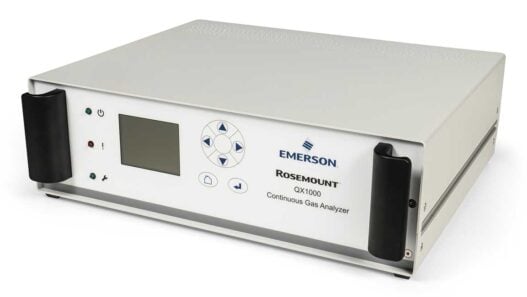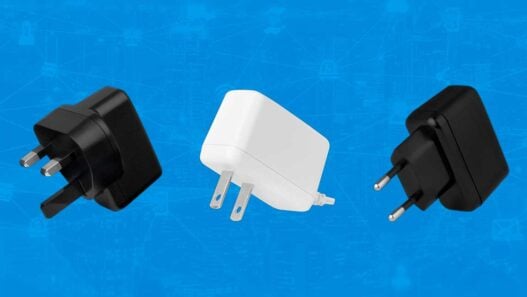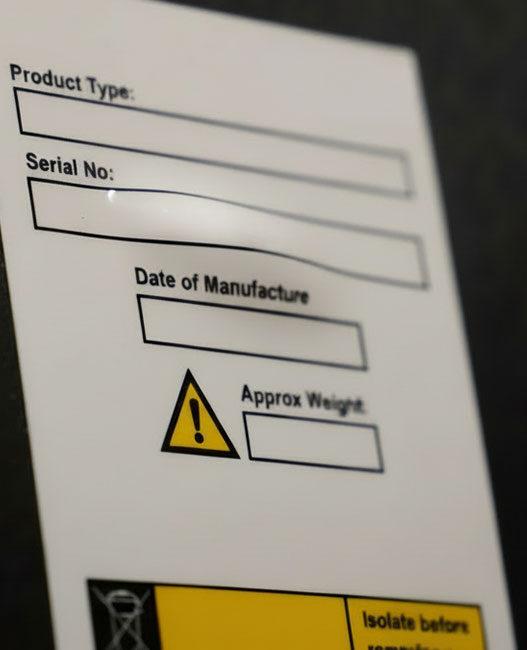Furthermore, the VA has committed to delivering value-added service to the nation’s veterans by making data-informed decisions.
Using Big Data to make a difference
There are more than 18 million veterans in America, according to the latest US Census. Approximately half of all veterans are over the age of 65 and eligible for Medicare. Among the remaining veterans, however, nearly half a million of them go without insurance.
Some veterans fail to meet requirements for VA insurance, while others may not realize that it’s available. In either case, half a million veterans go without sorely needed healthcare services due to a lack of insurance.
Big data systems enable researchers to mine veteran data to find opportunities to promote improved health outcomes. For instance, the REACH VET initiative enables the VA to identify at-risk veterans, whether or not they are insured. As long as a former soldier has some form of health records, the VA can identify risk and perform an intervention.
Compared to civilians, veterans are more likely to inflict self-harm. Recently, the agency deployed REACH VET to aid in suicide prevention among veterans.
Data analysis enables the VA to learn more about the nation’s vets and find opportunities to improve health outcomes for the group. Using the technology, the VA analyses veteran health records to pinpoint who’s statistically at higher risk of suicide, hospitalisation or other health threats.
Anticipating the health needs of the nation’s heroes
Nearly 5 million veterans receive VA disability compensation as of 2018. Veteran records contain vital clues that can help enhance the healthcare services that foster well-being for the group. Resultantly, the VA partners with tech firms, such as Google subsidiary Alphabet, to develop tools for predictive analyses.
The government possesses a wealth of information about the nation’s veterans. The REACH VET programme enables agencies to use that information to find opportunities to help at-risk former soldiers. The REACH VET program is especially beneficial because soldiers who are at high risk of suicide also face threats such as opioid abuse, overdosing and violence.
Data science professionals play a vital role in using technology to enhance and save the lives of veterans. The partnership between tech companies and the VA enhances the lives of veterans and is helping to reduce suicide attempts among the group.
So far, the VA has helped over 30,000 former soldiers with the REACH VET programme. For instance, programme participants have experienced fewer admissions to mental health units. More importantly, however, more vets have patronised the VA to access services such as mental health and primary care.
Scientists leverage AI for improved health outcomes for veterans
The VA is investing heavily in Artificial Intelligence (AI) to improve the quality of care delivered to the nation’s vets. Resultantly the success of this investment is heightening the interests of several agencies that cater to the needs of veterans.
One area where AI helps greatly is personalisation. Resultantly, AI has helped the VA overcome a long-standing obstacle to delivering quality care to veterans.
The development of treatment plans is not a one-size-fits-all proposition. Every vet is unique and may require a different treatment plan. Treatment planning involves assessing a mix of complex variables such as drug sensitivity and cultural background.
First on the battlefield and now in healthcare settings, artificial intelligence is empowering the nation’s armed services with phenomenal capabilities. AI promises to enable the VA to develop unique treatment plans to meet the health needs of every United States veteran.
With the success of using AI to develop treatment plans for veterans, the technology will soon become a mainstream care provider resource used to develop treatment plans for civilians. To date, 35% of healthcare networks plan to deploy artificial intelligence technology within two years. In five years, 50% of provider networks plan to deploy AI.
By analysing veteran data, the VA can build detailed personas to inform decision-making regarding treatment. The agency also plans to use the personas to improve the service provided by other organisations that serve the veteran population.
With a better understanding of the veteran experience, the VA can successfully provide services that improve the quality of life and well-being of the men and women who keep our nation safe.















